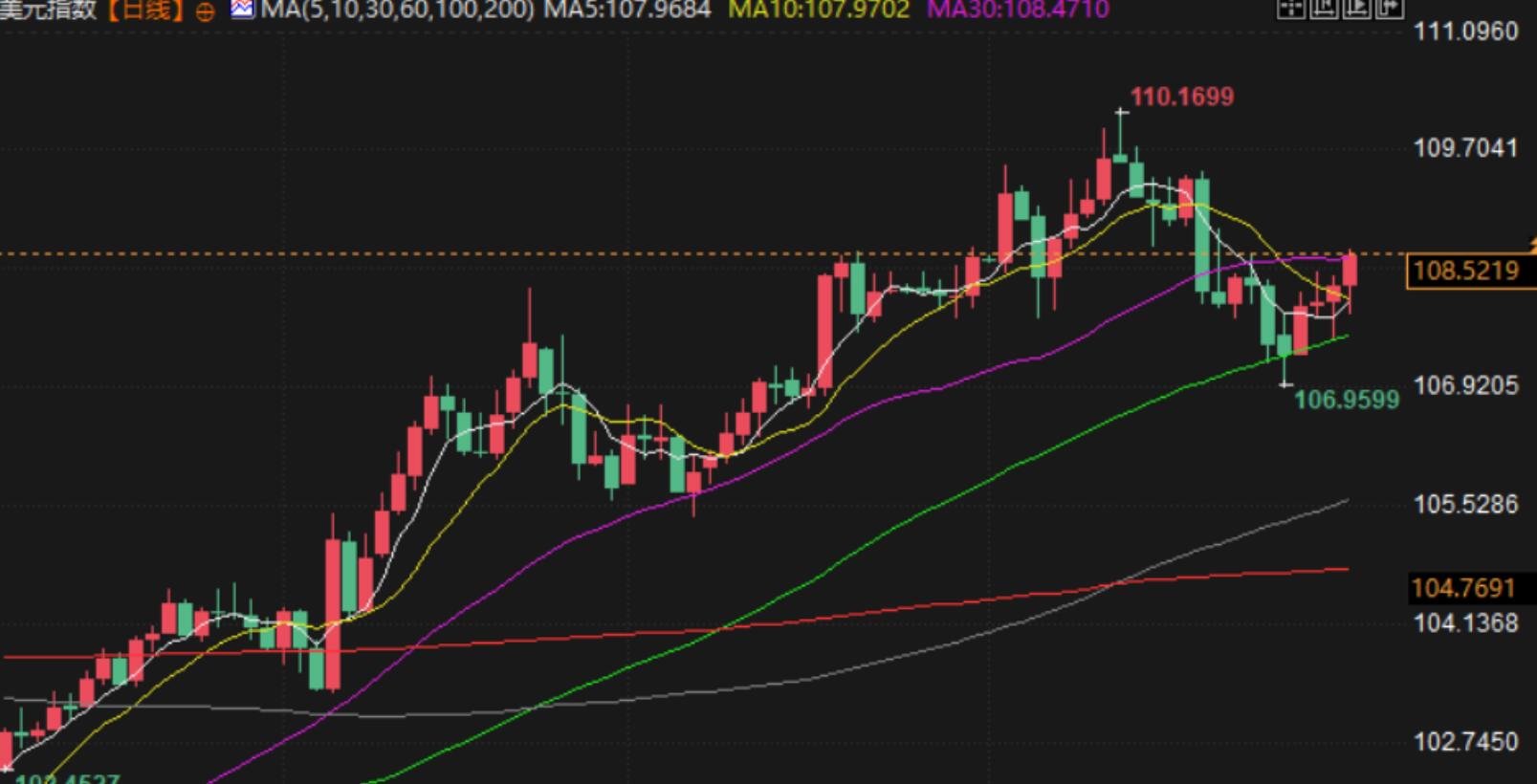Weekly Summary of the Foreign Exchange Market (1.27-1.31)
The US dollar rose against major currencies on Friday, the Canadian dollar softened, and the Mexican peso rose after the White House reiterated that President Trump would announce tariffs on Saturday.
Reuters reported earlier, citing three sources familiar with the tariff review, that Trump will announce new tariffs on goods imported from Canada and Mexico on Saturday, but will be delayed until March 1st and will provide limited exemption procedures for certain imported goods.
However, White House spokesperson Levitt called the report "untrue," but when asked about the exemption, she stated that she did not have "any updates or explanations regarding the exemption. She added that these tariffs will be announced on Saturday and will take immediate effect.
Earlier on Friday, data from the US Department of Commerce showed that the Personal Consumption Expenditures (PCE) price index rose 0.3% month on month in December, the largest increase since April last year, amid a significant increase in consumer spending. This suggests that the Federal Reserve may not be in a hurry to cut interest rates again.
Marvin Loh, Senior Global Market Strategist at State Street, said, "To a large extent, tariffs and the government have driven this trend of excessive strength of the US dollar; one of the biggest challenges is that if you want to propose a theory that there is a Trump trade, then the strengthening of the US dollar has always been a self-sustaining trade
Loh said, "The US dollar trading is currently one of the most heavily positioned trades. It does need a catalyst to continue its upward trend. But the tariff threats and/or actions we will see over the weekend are the driving factors for this topic now
USD/CAD rose 0.12%, rebounding from a slight decline reported by Reuters. The USD/CAD is still near the five-year high of CAD 1.451, with a weekly increase of nearly 1.1%.
The Mexican peso rose 0.17% against the US dollar to 20.728 pesos, but hit its worst weekly performance since October.
USD/JPY rose 0.54% to 155.13 yen, marking three consecutive weeks of weekly gains. USD/CHF rose 0.1% to 0.9016 Swiss francs, with a cumulative increase of 0.5% this week, ending two consecutive weeks of decline.
The EUR/USD fell 0.3% to $1.0367, with a weekly decline of 1%, the largest decline since December 30th. This month, it rose by 0.23%, the largest increase since September last year.
Bank of Japan Governor Kazuo Ueda stated that the central bank must maintain a loose monetary policy to ensure that core inflation gradually accelerates towards the 2% target. Friday's data showed that Tokyo's annual core inflation rate reached 2.5%, the highest in nearly a year.
The European Central Bank lowered interest rates on Thursday, leaving room for policymakers to cut rates again in March as concerns about weak economic growth outweighed concerns about persistent inflation.
The Federal Reserve kept interest rates unchanged this week, and Chairman Powell stated that he would not be in a hurry to cut rates again, but he also hinted that interest rates were "significantly" above neutral levels, and the Fed still had room to cut rates.
The US dollar index rose 0.31% to 108.42, and rose 0.93% this week, ending two consecutive weeks of decline.

John Velis, a forex and macro strategist at New York Community Bank (NYCB), said, "We originally expected some fluctuations around the US PCE price index and other data released on Friday; but these data did meet expectations and there is nothing worth writing about
Velis added, "From what happened at the White House this afternoon, it seems that traders don't want to take too much risk before the weekend because tomorrow is obviously February 1st
Tips:This page came from Internet, which is not standing for FXCUE opinions of this website.
Statement:Contact us if the content violates the law or your rights
